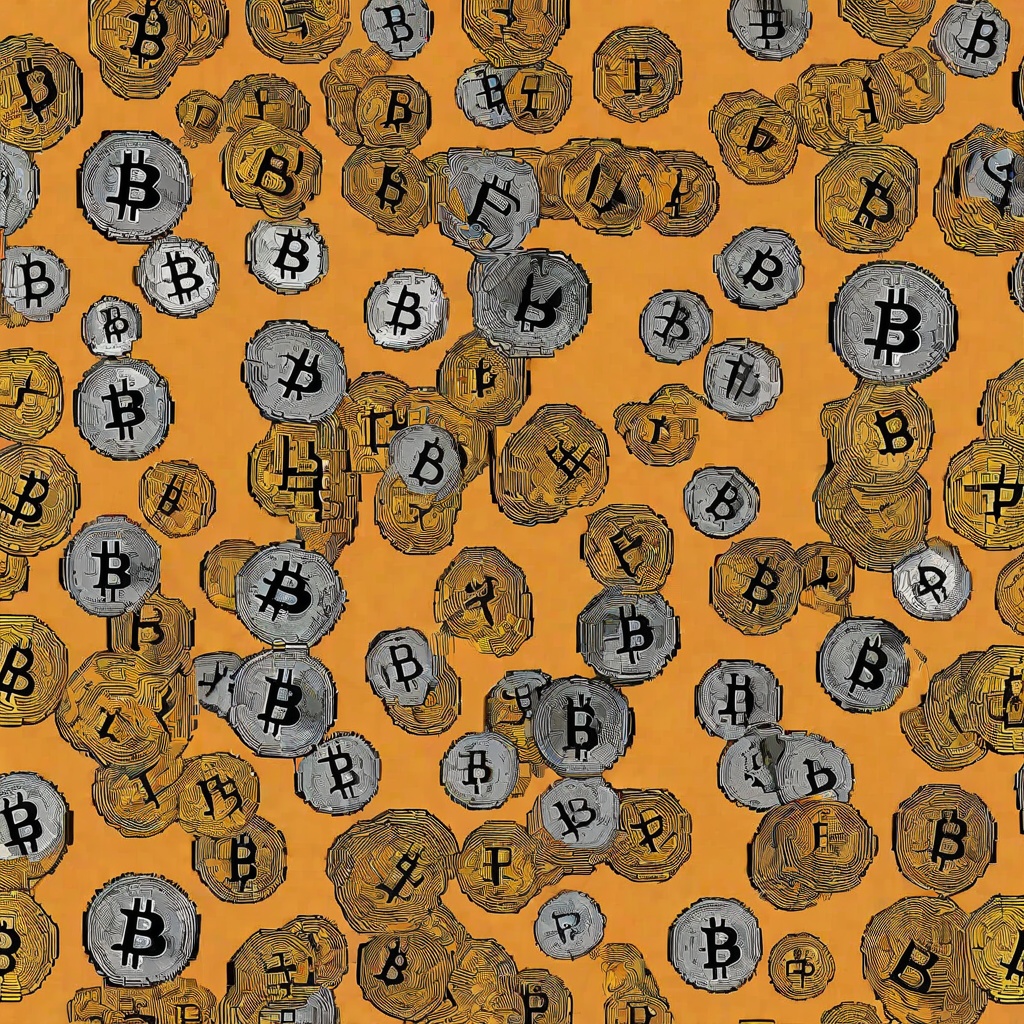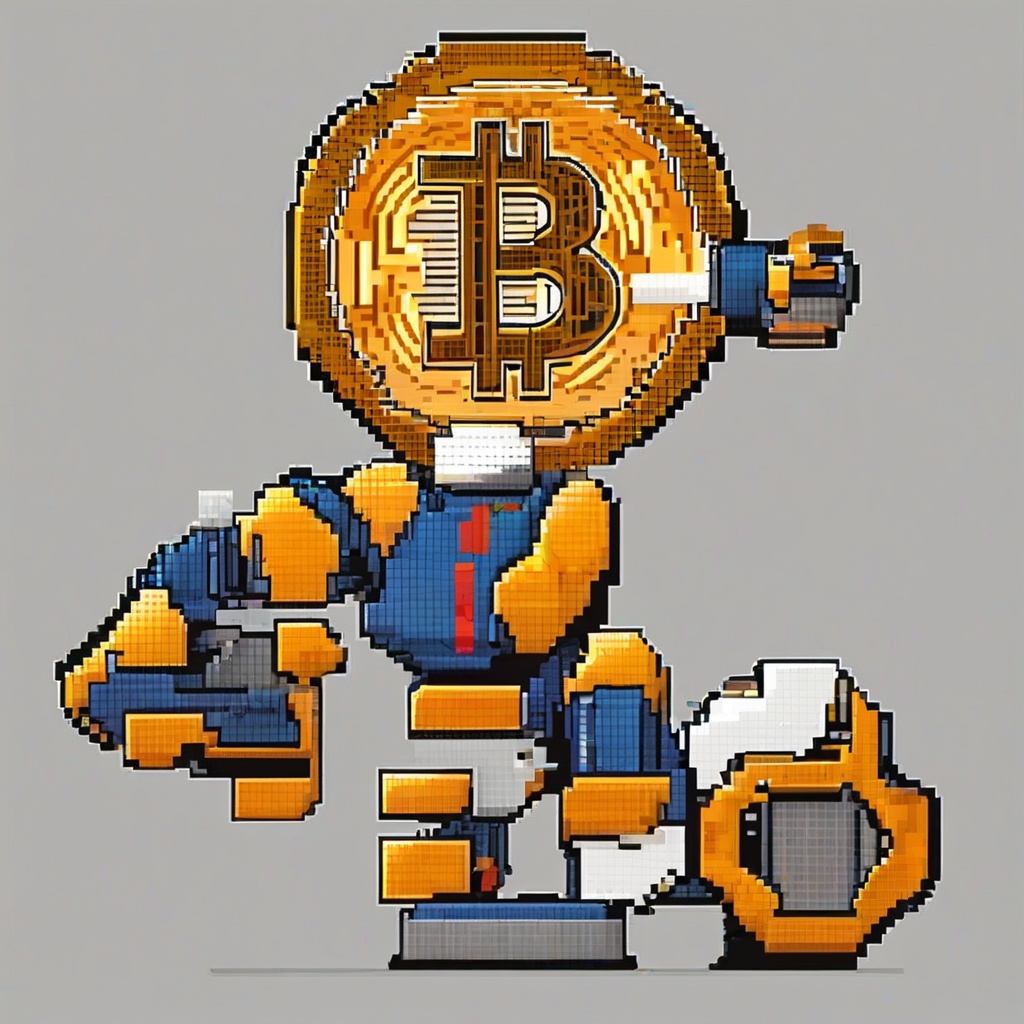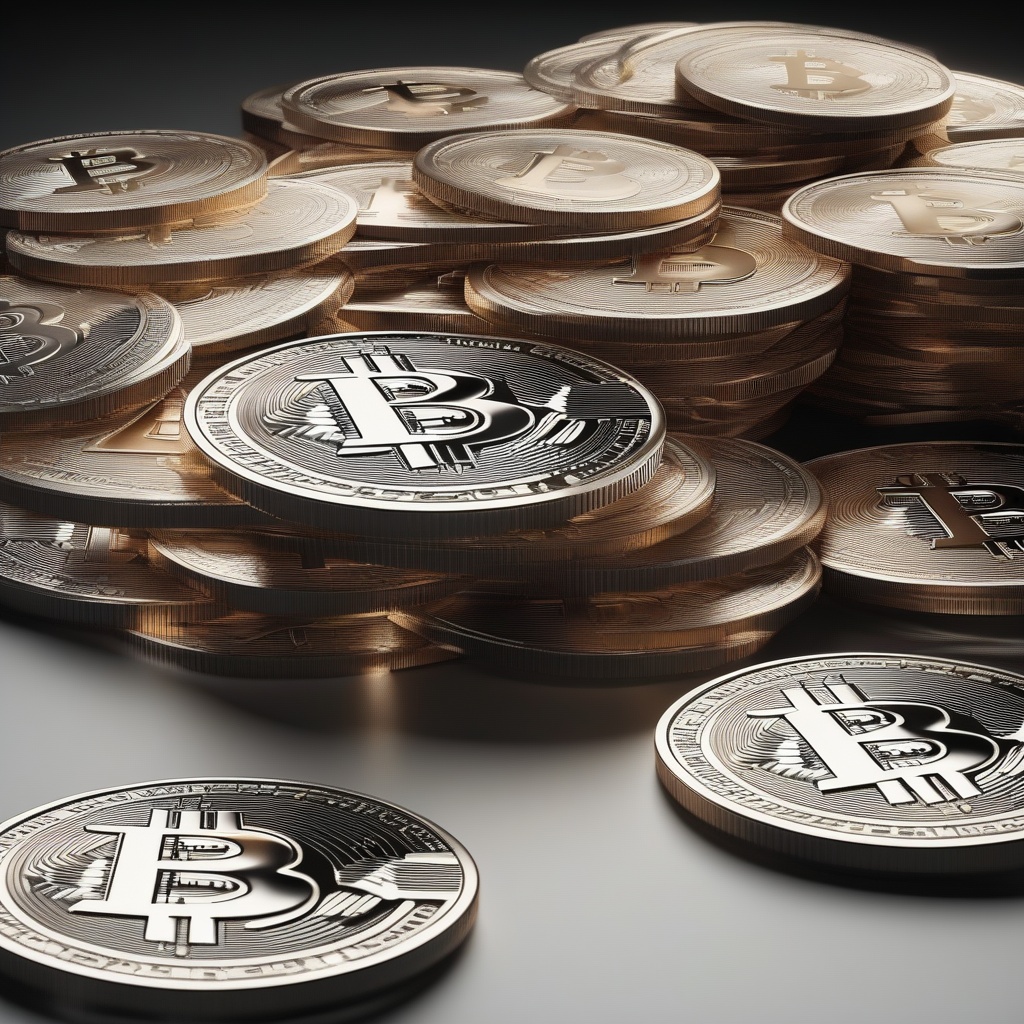How risky is buying an NFT?
Inquiring minds may be wondering: "How risky is buying an NFT, really? With the explosive growth of the non-fungible token market, many are tempted by the promise of unique digital assets that can appreciate in value. However, the risks are not to be underestimated. The volatile nature of cryptocurrencies and the novelty of NFTs can lead to significant price fluctuations, potentially resulting in significant losses for investors. Additionally, the lack of regulation and transparency in the NFT market raises concerns about fraud and security issues. Therefore, it's crucial for potential buyers to do thorough research, assess the risks, and understand the implications before investing in an NFT.

What is the risk of stable coin?
As a <a href="https://www.btcc.com/en-US" title="cryptocurrency">cryptocurrency</a> and finance practitioner, I often encounter questions regarding the nuances of digital assets. One such inquiry often revolves around stablecoins, which aim to provide stability against volatile cryptocurrencies. However, the question arises: What is the risk of stablecoins? While they are designed to mitigate volatility, are there hidden dangers? Could the underlying assets lose value, affecting the stability of the coin? What if the issuer of the stablecoin defaults or mismanages funds? Moreover, how secure are the technological systems supporting stablecoins? Understanding these risks is crucial for investors and market participants alike.

What is the risk of staking validator?
In the realm of cryptocurrency and decentralized finance, staking validators is a key component that contributes to the security and stability of various blockchain networks. However, it's crucial to understand the risks associated with this process. Could you elaborate on the potential risks involved in staking validators? Specifically, I'm interested in knowing about risks such as the possibility of slashing, loss of funds due to network instability, or any other factors that might deter a potential validator from participating in staking? Furthermore, what measures can validators take to mitigate these risks and ensure their stake remains secure?

What is the risk of a wrapped token?
As a finance and cryptocurrency practitioner, I'm curious to understand the risks associated with wrapped tokens. Could you elaborate on the potential downsides and vulnerabilities? Specifically, I'm interested in knowing about the security concerns, liquidity issues, and potential regulatory challenges that may arise when dealing with wrapped tokens. Are there any specific risks that investors should be aware of before investing in wrapped tokens? Additionally, how do wrapped tokens compare to traditional cryptocurrencies in terms of risk exposure?

Is staking Ethereum on Coinbase a risk?
For those considering staking Ethereum on Coinbase, it's crucial to understand the potential risks involved. Firstly, staking Ethereum involves locking up your coins for a period of time, which means you won't be able to access or trade them during that duration. Secondly, staking rewards are not guaranteed, and the amount you receive depends on various factors, including the network's performance and the amount of coins you stake. Furthermore, staking through a centralized platform like Coinbase also introduces a layer of trust, as you're relying on them to securely manage your coins and distribute rewards. Therefore, it's important to research and evaluate the risks carefully before deciding to stake Ethereum on Coinbase. Are you prepared to lock up your coins for an extended period? Do you trust Coinbase's security measures? These are just some of the questions you should be asking yourself before making a decision.

